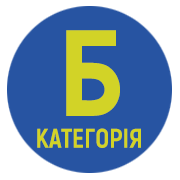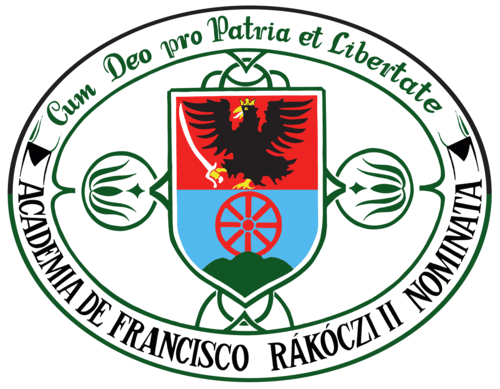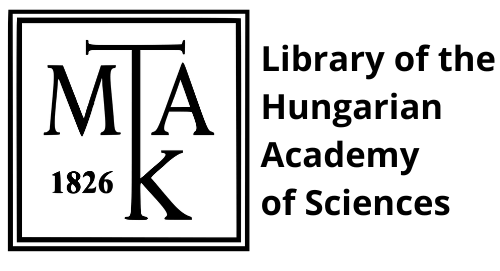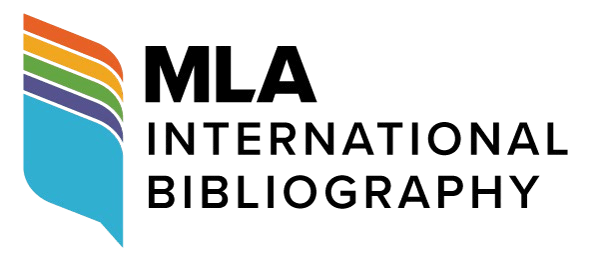Austrian Language Policy on the rights to mother tongue education
DOI:
https://doi.org/10.58423/2786-6726/2023-2-120-132Keywords:
language policy, language policy in education, minorities, minority rights, minority rights in Austria, Austrian language policyAbstract
The study focuses on Austria’s key language policies and legislations that have an impact on German as a state language as well as minority languages. The Federal Constitution of Austria contains the most important regulations protecting German and minority languages. The first three articles of Austria's Constitution are critical legislations for the protection of state and minority languages. The Austrian Federal Constitution requires ethnic communities to be protected and preserved. The study then goes on to explore the primary organisations and administrations responsible for the evolution of today's Austrian language policy. The system in Austria for safeguarding and promoting minority languages is typically well-developed. Austria has been an active participant in European programmes aimed at the protection of minorities. Ratification of the European Charter for Regional and Minority Languages is a critical step towards the European Union's integration. Austria signed and ratified the Charter in 1992 and 2001, respectively. Slovenians, Croats, Hungarians, Czechs, Slovaks, and Roma are the six indigenous ethnic minorities recognized in Austria. Austria issued its fifth evaluation report in 2023. This report was reviewed by the researcher using critical discursive analysis. Based on the facts gathered, Austria is a country that should be emulated in terms of minority safeguarding and protection; nonetheless, changes are needed in several areas.
References
Csernicskó, István - Márku, Anita, 2020. Minority language rights in Ukraine from the point of view of application of the European Charter for Regional or Minority Languages. Alkalmazott Nyelvtudomány, XX. évfolyam, 2020/2. szám doi:http://dx.doi.org/10.18460/ANY.2020.2.002
De Varennes, Fernand - Kuzborska, Elżbieta, 2019. Minority Language Rights and Standards: Definitions and Applications at the Supranational Level. In: Hogan-Brun, O’Rourke, Bernadette (eds.) The Palgrave Handbook of Minority Languages and Communities. London: Palgrave Macmillan. 21–72.
Fiala-Butora, János, 2018. Implementation of the Framework Convention for the Protection of National Minorities and the European Language Charter: Unified Standard or Divergence? Hungarian Journal of Minority Studies Vol. II, 7–21.
Fiala-Butora, János, 2017. A Kisebbségvédelmi keretegyezmény és a Nyelvi Charta végrehajtása – egységes standard vagy szétfejlődés? Kisebbségi Szemle, 2 (3). 57–69.
Roter, Petra. - Busch, Brigitta, 2018. Language Rights in the Work of the Advisory Committee. In: Iryna Ulasiuk - Laurenţiu Hadîrcă - William Romans (eds.), Language Policy and Conflict Prevention. Leiden and Boston: Brill Nijhoff. 155–181.
Schoonheim, Tanneke - Van Hoorde, Johan, 2019. Language variation. A factor of increasing complexity and a challenge for language policy within Europe. Contributions to the EFNIL Conference 2018 in Amsterdam. Budapest: Research Institute for Linguistics, Hungarian Academy of Sciences.
Skutnabb-Kangas, Tove - Phillipson, Robert, 2016. Introduction to Volume II. In Skutnabb-Kangas, Tove– Robert Phillipson (eds). Language Rights. Vol. 2. New York: Routledge
Downloads
Published
How to Cite
Issue
Section
License
Authors retain copyright and grant the journal the right of first publication. The work is simultaneously licensed under a Creative Commons Attribution 4.0 International License (CC BY 4.0), which permits others to share the work with appropriate credit given to the author(s) and the initial publication in this journal.

















